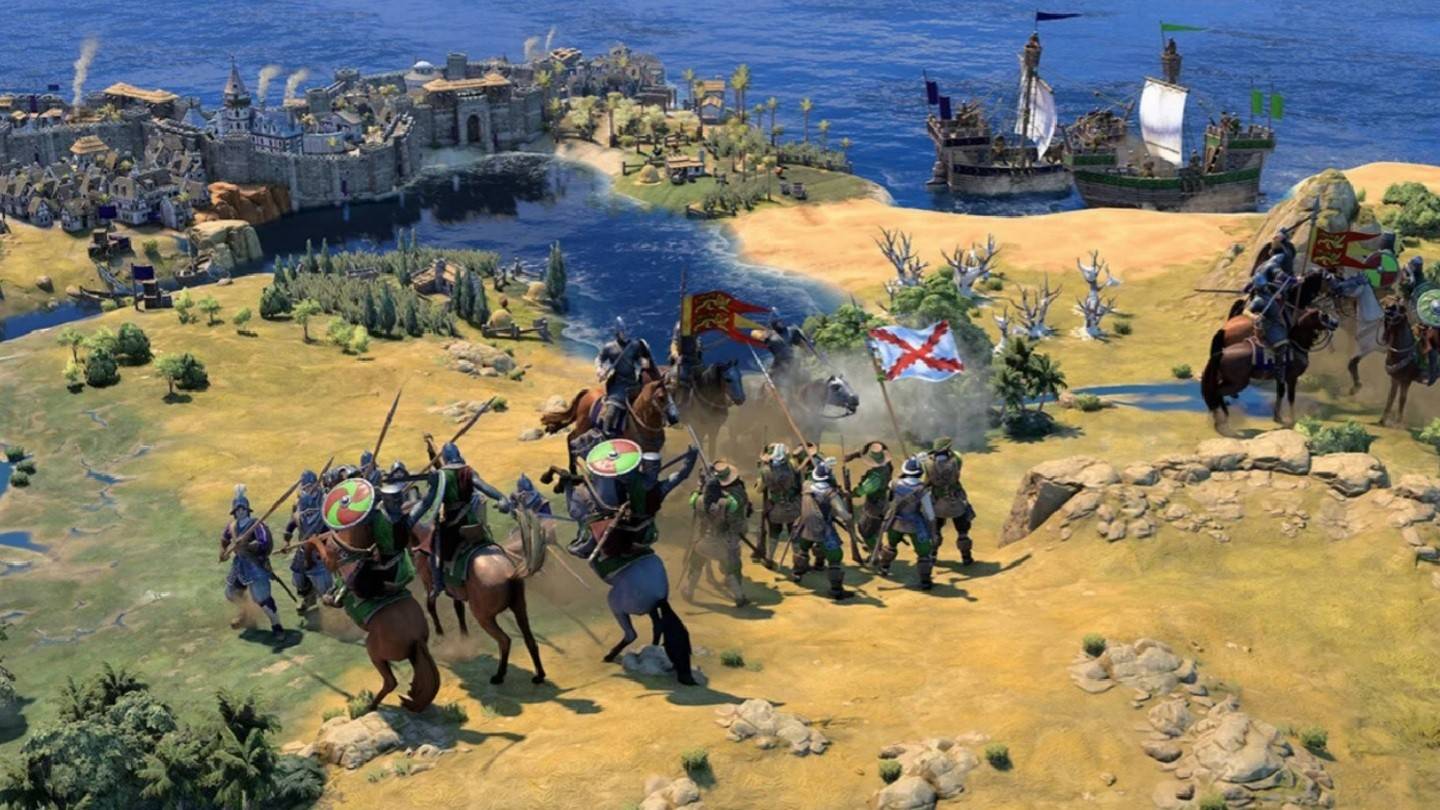
Sid Meier's Civilization VII sparked initial controversy with its significant gameplay changes showcased during its first demonstration. However, final previews from journalists suggest that these novelties will deeply resonate with strategy enthusiasts, ultimately enhancing the gaming experience.
The seventh installment revolutionizes the traditional gameplay by integrating a multitude of new mechanics. One of the standout features is the leader selection screen, where frequently chosen rulers can earn unique bonuses, adding a personalized touch to the strategy. The game introduces three distinct eras—Antiquity, Medieval, and Modern—each offering a unique, "isolated" gameplay experience, making the transition between eras feel like embarking on a new game altogether.
Civilization VII introduces a level of flexibility previously unseen in the series, allowing players to swiftly alter their civilization's direction. A notable change is the elimination of laborers; cities now expand autonomously, streamlining the development process. Leaders in the game come with unique perks that unlock as players continue to use them, deepening the strategic elements.
Diplomacy has been reimagined as a "currency" within the game, with influence points becoming crucial for forging treaties, forming alliances, and even condemning other leaders. Despite the innovative changes, the AI has been noted as a weak point, leading to recommendations for co-op play to enhance the experience.
Gamers and critics alike view Civilization VII as the most daring attempt yet to innovate on the classic formula, promising a fresh yet profound experience for strategy fans.















